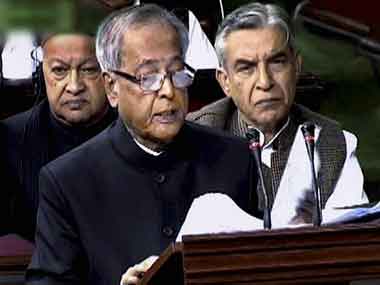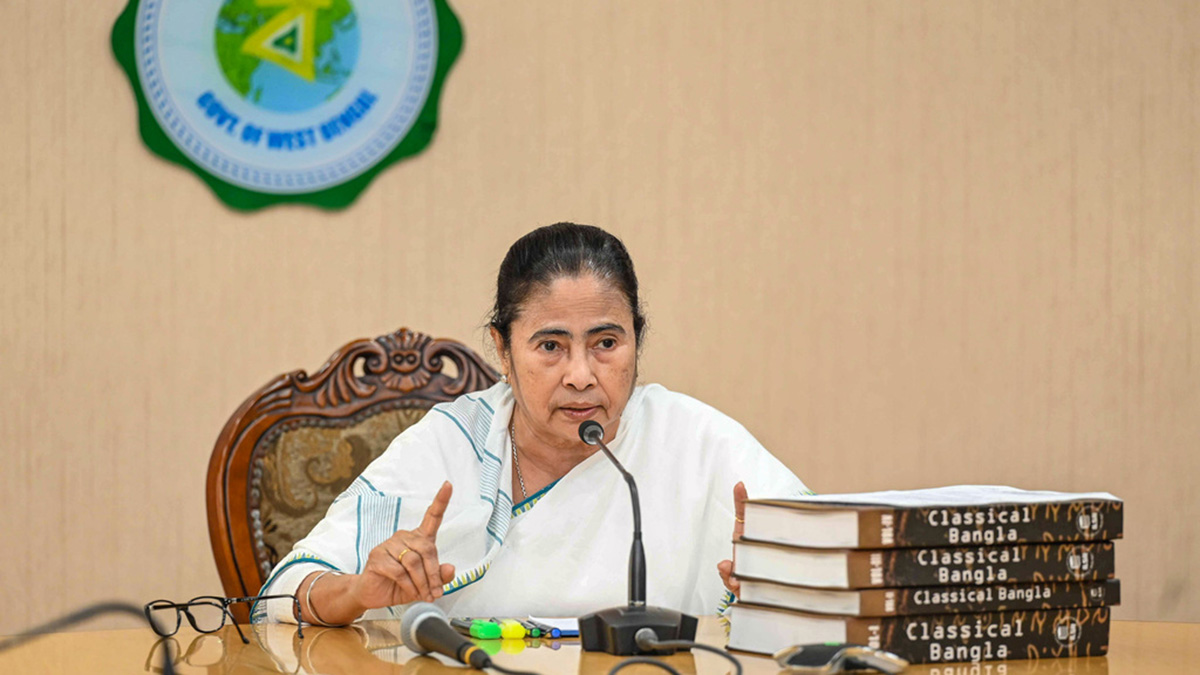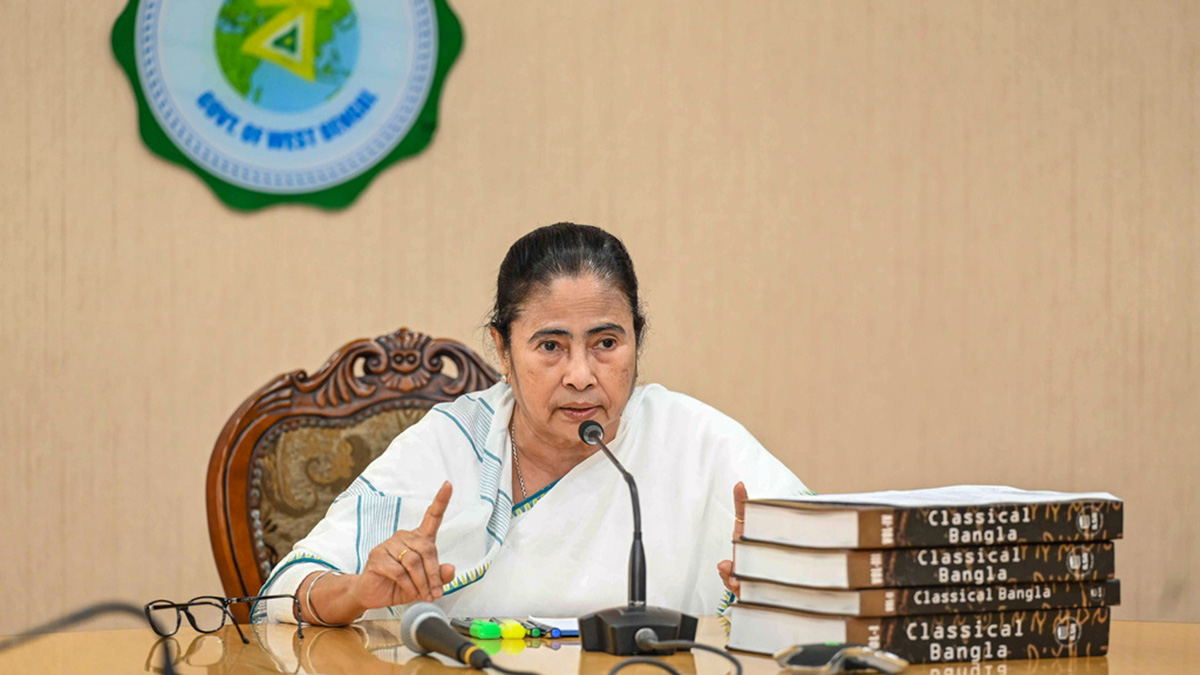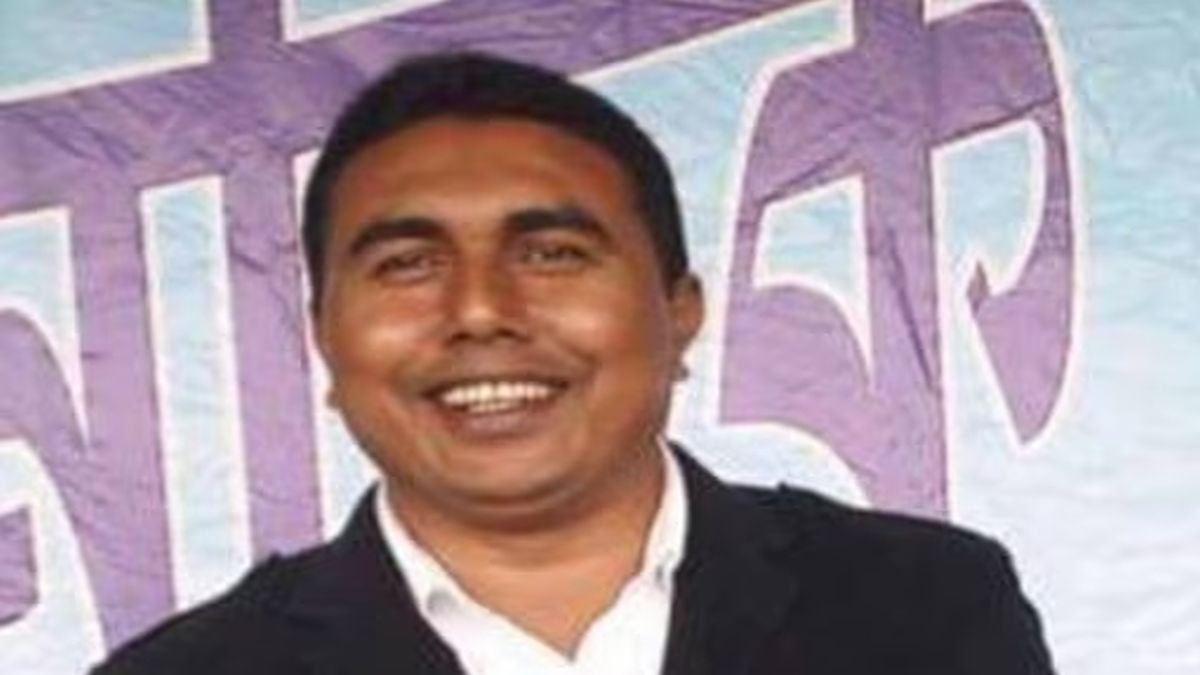If a Budget were to be assessed solely on the basis of intentions and platitudes, Pranab Mukherjee’s Budget 2012 would score very highly. The Budget is full of ringing endorsements of what needs to be done, what ought to be done, and what should be done.
But where Budget 2012 falls short is in failing to back up those statements of honourable intent with an agenda for action. Hemmed in by recalcitrant allies of the ruling coalition, the Finance Minister has opted to taken the path of least resistance, so as to live to fight another day.
Clarity of thought on what needs to be done hasn’t translated into political courage to do the right thing. More than anything else, Pranab Mukherjee’s Budget 2012 showed up a Finance Minister who is so preoccupied with backseat drivers within the ruling coalition that he took his eye off the road ahead.
In particular, given all the histrionics surrounding the Railway Budget, with Mamata Banerjee virtually disowning her own party leader and Railway Minister, Mukherjee ended up walking on tiptoes so as not to inflame the Bengal Tigress any further.
But in just the past couple of days, Mamata has lost some of her roar: she has been forced on the back foot by Railway Minister Dinesh Trivedi’s open defiance of her diktat to resign. Trivedi has an alibi: he points out that Trinamool parliamentary party leader Sudip Bandhopadhyay had said in Parliament that his party had not demanded Trivedi’s resignation. Therefore, he argues, if the party now wants him to resign, it should notify him in writing – so as to avoid any confusion arising from conflicting messages from leaders.
It wouldn’t take Mamata more than a moment to dash off such a letter: but clearly, even a politician of her standing, who has no qualms about pushing the limits in the politics of brinkmanship, feels inhibited. That’s because Trivedi’s bold budget has, quite unusually, been well received, not just in the media, but even by the ordinary folks on whose behalf she has demanded the rollback of railway fare hikes.
It just goes to show that the beyond the echo chambers of the populist-minded political parties, there is a large enough constituency of people who will endorse pragmatism in their politicians – if only they could show some spine and act in the national interest. Even the Trinamool Congress, which has been reflexively opposing anything the government proposes , has grudgingly conceded that Pranab Mukherjee’s Budget is “tolerable”.
Perhaps Mamata Banerjee calculates that she has played her trump card of confrontational politics a little too often, and is at risk of losing out all leverage over the Centre if, as the Congress is contemplating, the Samajwadi Party is roped into joining the UPA coalition.
All this provides both a lesson and a window of opportunity for Pranab Mukherjee, who still has a lot of unfinished business in Budget 2012 – insofar as he needs to lay out a roadmap to explain how exactly he will meet the targets he has set for himself.
In his post-Budget comments, Pranab Mukherjee indicated that measures to correct some of the larger structural problems in the Indian economy – the subsidy burden, for instance –must await a time when there is greater political consensus on the big themes.
The onus is now on him and his government to seize the moment provided by the (temporary) taming Mamata Banerjee, channel the mass yearning for bold economic governance, and the political realignments that provide the UPA a bit more elbow room to do what’s right.
After a year in which his budget numbers went for a toss, the Finance Minister has staked what’s left of his credibility on meeting the new and ambitious targets. It’s now for him to take the initiative and leverage his political capital to do outside of the budget process what he couldn’t find the courage to do within it.
But he doesn’t have the luxury of infinite time. Mamata Banerjee may have been forced on the defensive for now, but she is a wounded tigress. It won’t be long before she finds her roar again.


)




)
)
)
)
)
)
)
)